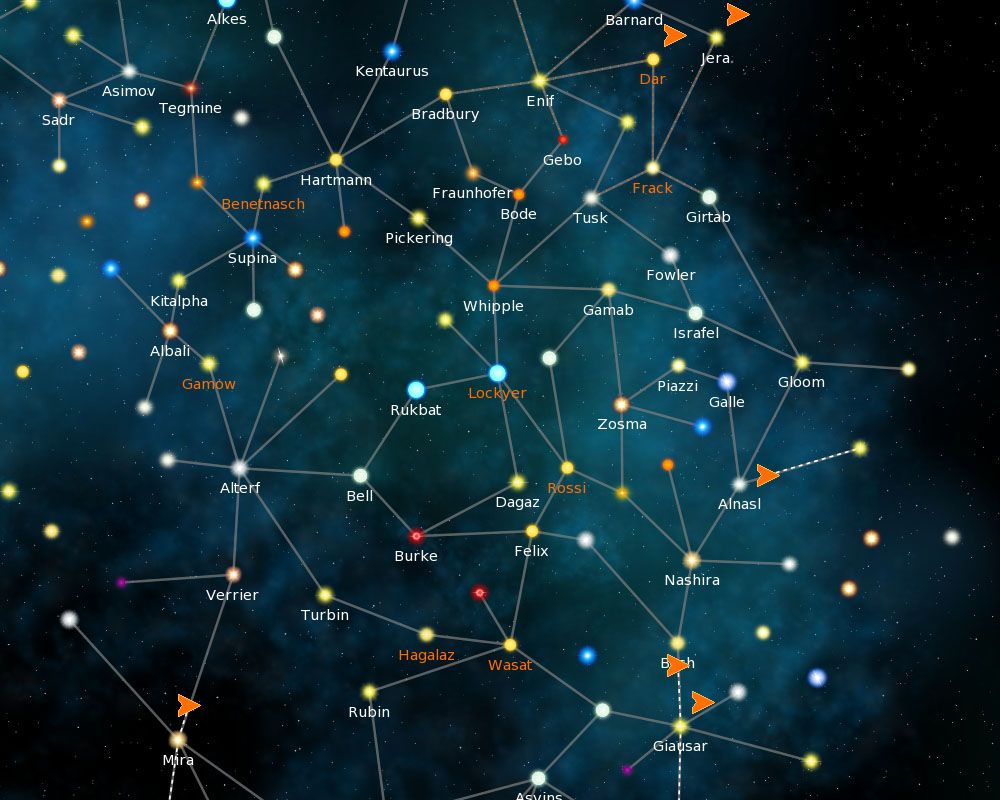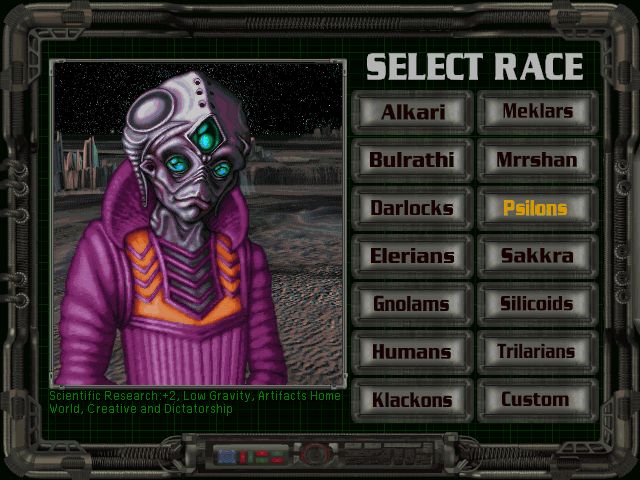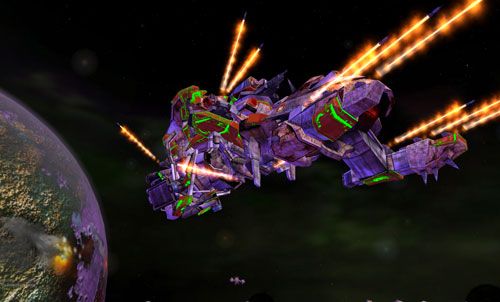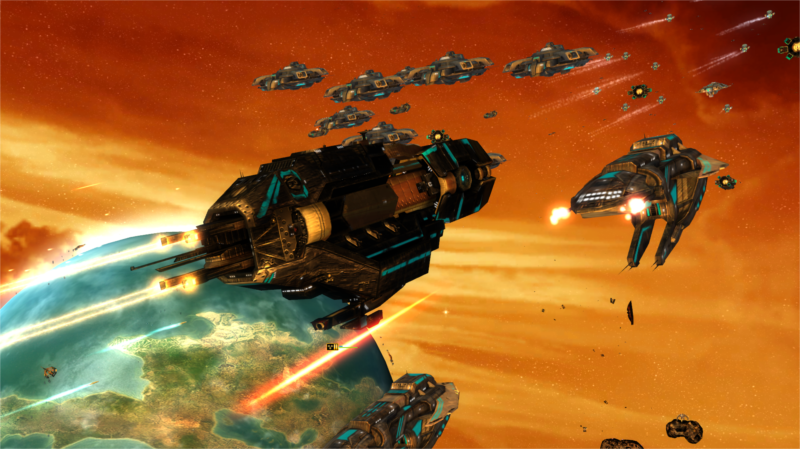Explore, expand, exploit and exterminate. Four words that turn-based strategy has come to live by. There is another side to the genre most people only know of from the Civilization series, though; an intergalactic one. While Sid Meier may be the face most people know, the term was originally coined for the space-based series Master of Orion.
Instead of fighting for cities on a land map, the theater is a galaxy, with solar systems and planets waiting to be conquered. It's always prudent to be mindful of history, though. Even when pushing ahead into a new era. With that in mind, we take a look back at this genre, and the titles behind it.
While the genre got it's start with those two popular series in the early '90s, only one of them would prove to have staying power. Civilization grew to become an international bestseller with five major iterations released so far. Master of Orion, however, would see only two titles released that decade, with a third in 2003. Master of Orion 3 imploded the series, being released somewhat unfinished, with a clumsy interface and broken AI. Unfortunately, this would prove to be a common occurrence in the genre.
There would be other series in the sub-genre, such as Imperium Galactica that would experiment with real time strategy and other features, but none of them ever met with great success. It wouldn't be until the second half of the last decade that two new series would launch from small developers to reinvigorate the genre. Sins of a Solar Empire embraced the real-time aspects of its predecessors, and took it a step further, fighting battles in real time on the galactic map. Sword of the Stars followed a more traditional turn-based format, but offered innovative customization controls for ships and planets.
Ultimately, Sword of the Stars would fall into the same trap as Master of Orion with last years release of Sword of the Stars 2. A beleaguered and nearly bankrupt Kerberos Productions released the game unfinished without telling buyers, causing a massive scandal for publisher Paradox Interactive. They had overreached, and the small developer had run out of time and money.
True to their word, Kerberos has kept patching the game every week, but even now, over six months later, the game remains buggy enough to be unenjoyable. Sins of a Solar Empire, for its part, has kept chugging with a loyal cult following that has kept the game alive for nearly five years. Even now, Rebellion, the game's third expansion pack and first real standalone, is in its beta stages on Steam and seems to be generating a buzz. Players that pre-purchase the expansion can join in testing what is already a very playable game that adds new depth to the series. With any luck, this new expansion will keep SoaSE humming for years to come, as well as entice new fans.
The flame of the more traditional turn based 4X had to pass to someone, though. And, in this case, it's looking like it might just be the tiny Amplitude Studios and their new title, Endless Space. While still only in alpha, the studio has released the game at a discount on Steam, promising to allow players a voice in creating the game as it is developed. Despite being in alpha, the game plays very well , albeit without a multiplayer mode yet.
The true charm of Endless Space is its witty humor. Whether it be from a madman who created a race of clones to beautify the universe in his name, or a message that, after an anomaly, two identical colony ships arrived at a new planet instead of the one I sent. I was advised not to think about it too hard, as my chief scientist had been reduced to hiding in a corner rambling "The universe is stretchy...like cheese."
The key, though, will be keeping the community on their side. The genre isn't as big as, say, First Person Shooters, but the players are no less forgiving. When Kerberos failed with Sword of the Stars 2, and only offered promises and free launch day DLC in return, the fans abandoned the series in droves. Amplitude has come up with some great new ideas in community involvement: allowing players to have real weight on the development and even help design heroes will keep the community involved and invested in the game. Perhaps releasing games in this way may complement the growing kick-starter trend for games just starting their development. 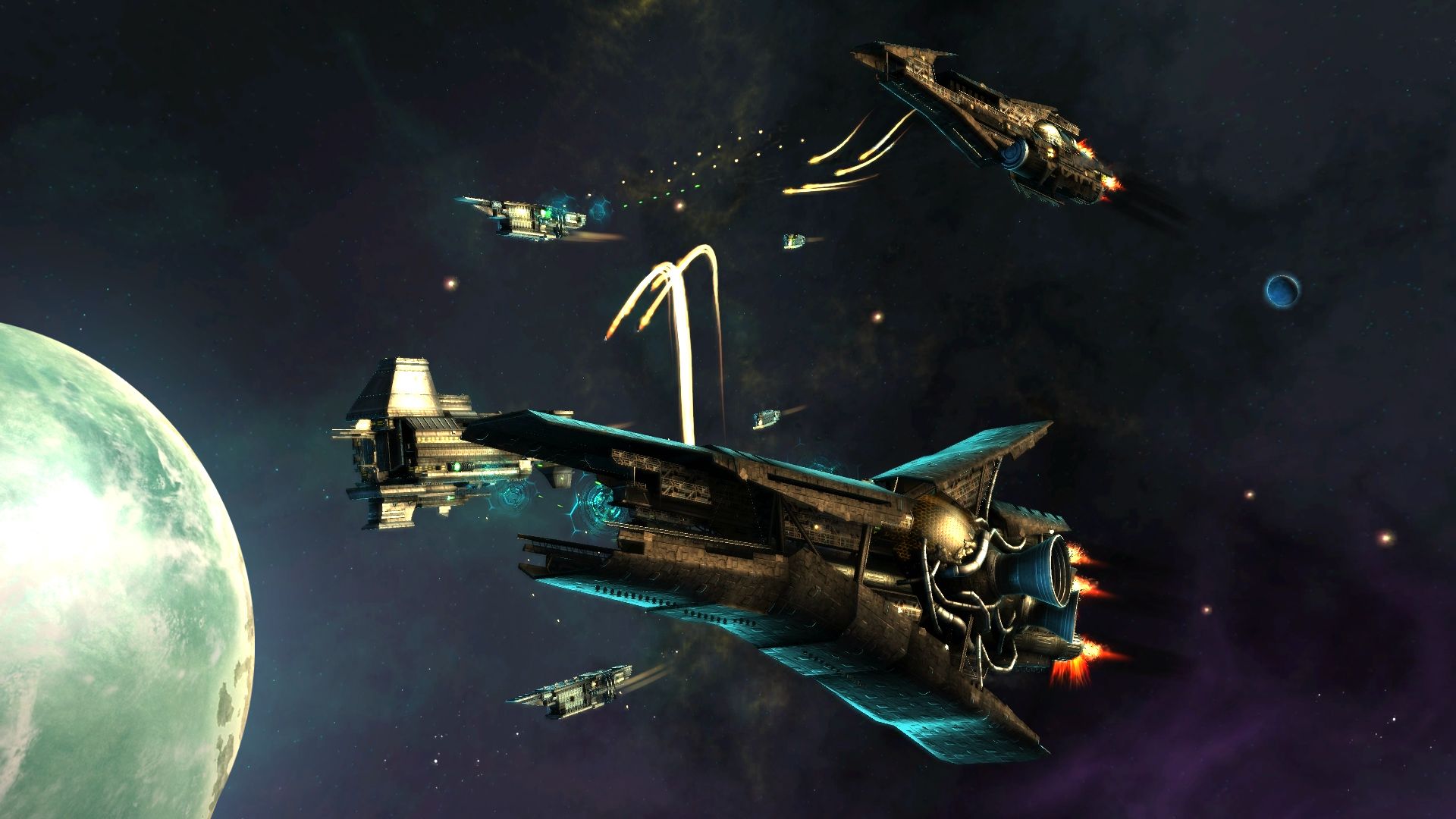 In the end, it may be up to the smaller, more independent studios to keep the genre alive. While that means that some games will be tragedies due to problems with their developers, it is also reassuring, as these smaller studios tend to be better at working with original ideas than larger companies, where design decisions are made by committees. I'm looking forward to where these two new releases will take the genre. With any luck, they will keep it growing for a long time.
In the end, it may be up to the smaller, more independent studios to keep the genre alive. While that means that some games will be tragedies due to problems with their developers, it is also reassuring, as these smaller studios tend to be better at working with original ideas than larger companies, where design decisions are made by committees. I'm looking forward to where these two new releases will take the genre. With any luck, they will keep it growing for a long time.

